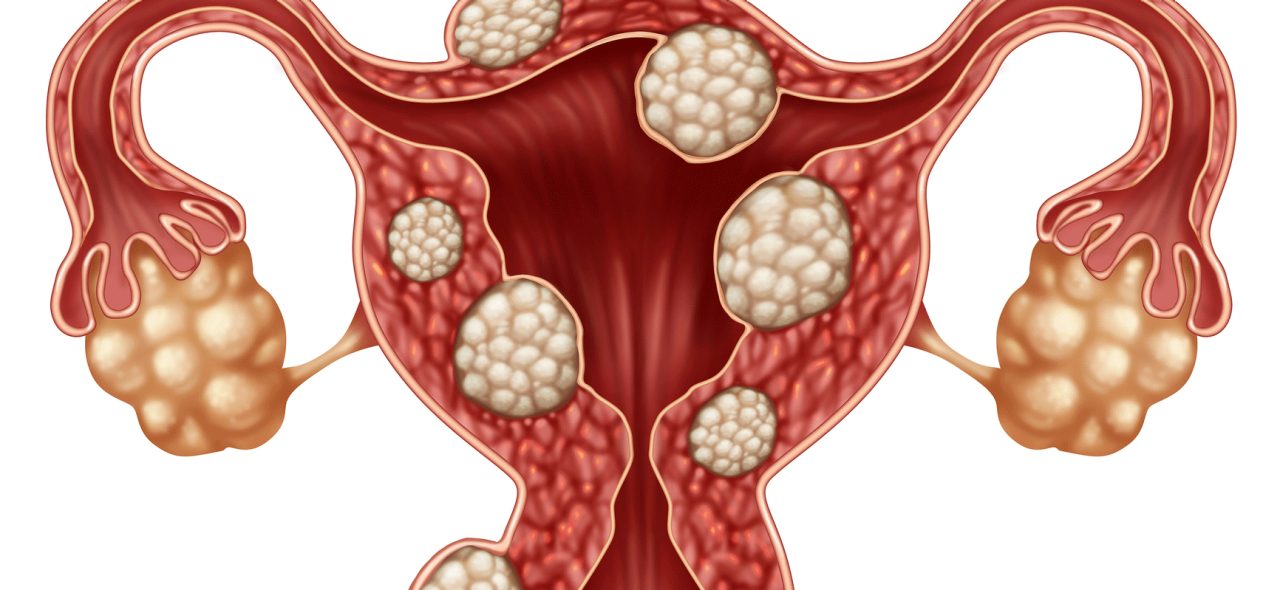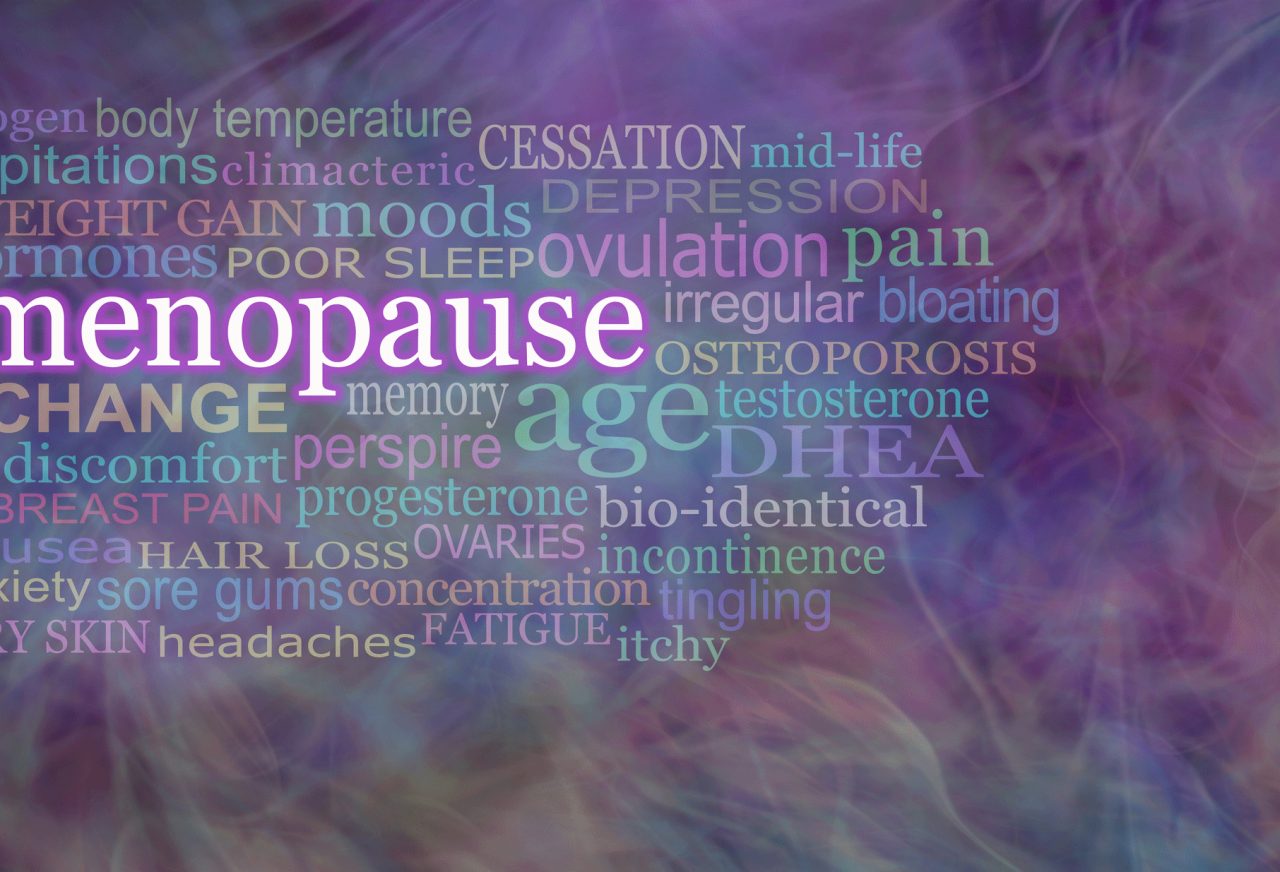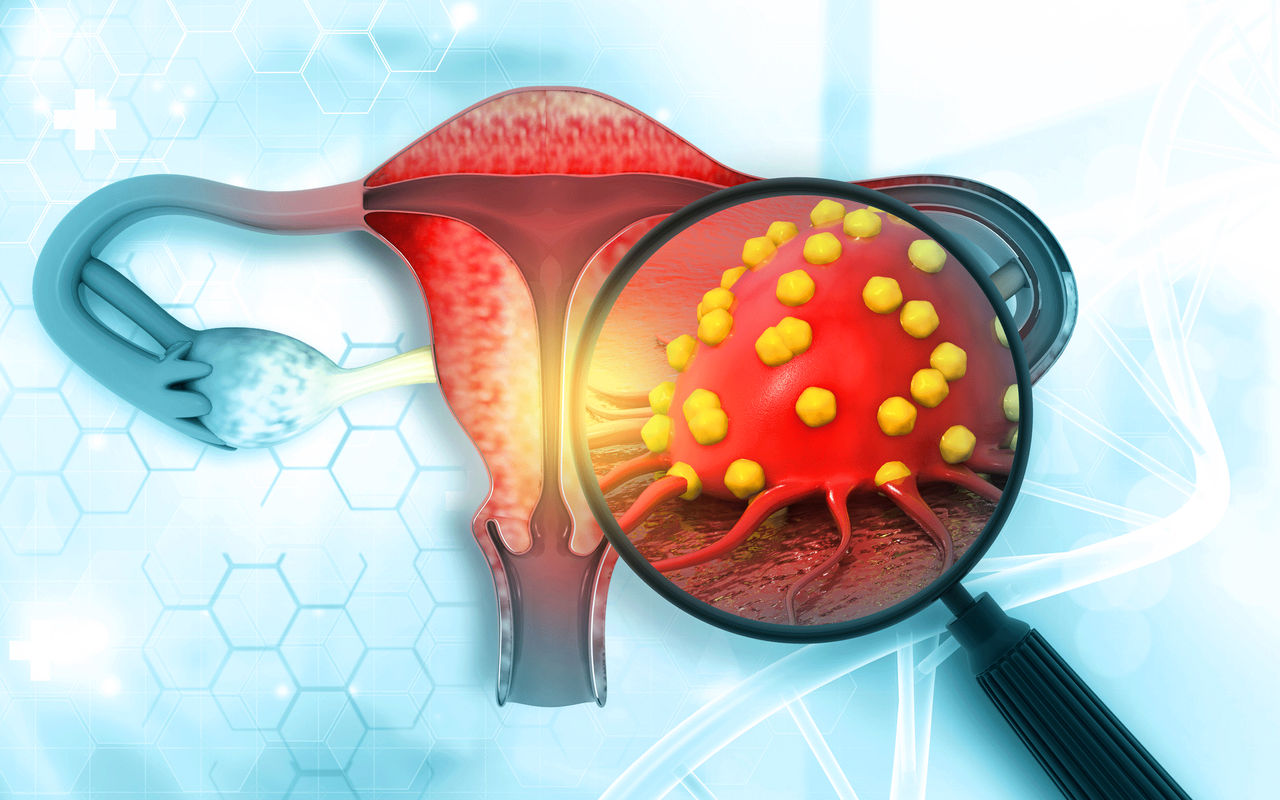
What Is a Hysterectomy?
Having your uterus removed during a hysterectomy is a big step, but recovery is usually complete in about six weeks and the benefits may be worth it for you.

What you eat during pregnancy may predict whether your baby one day becomes obese. Here's what you should know about eating a nutritious diet when you're pregnant.

Don’t hide your postpartum depression symptoms. There’s new help for women who have lingering mood symptoms before or after a birth.

While they are not cancer, uterine fibroids, growths inside your uterus, can become uncomfortable and cause bleeding as they grow. Here's what you should know.

Heart attack symptoms in women are sometimes hard to spot. Here is why heart disease is often missed in women — and what you can do about it.

Hormone replacement therapy is a judgment call. It raises your risk of breast cancer but can make menopause bearable. Your best bet is to stop as soon as you can.

Reported benefits of having sex include improved immunity, better sleep and heart health, delayed menopause, protection from prostate cancer, and pain relief.

There are proven, healthy ways to lose weight — but there’s no pill or supplement you can take to make pounds magically disappear.

Cultural perception of beauty — our own and that of the media — changes, over and over again. Here’s what you can do to find self-esteem in any body shape era.

Endometrial cancer occurs when cells in the inner lining of the uterus (or endometrium), which is shed during menstruation, grow out of control.

Uterine cancer symptoms can mimic many other conditions. Know the signs and symptoms and see a doctor early to ensure a quick diagnosis and treatment.